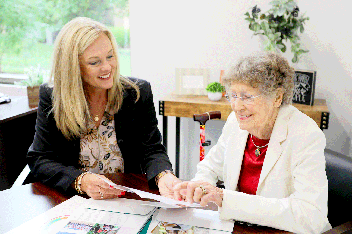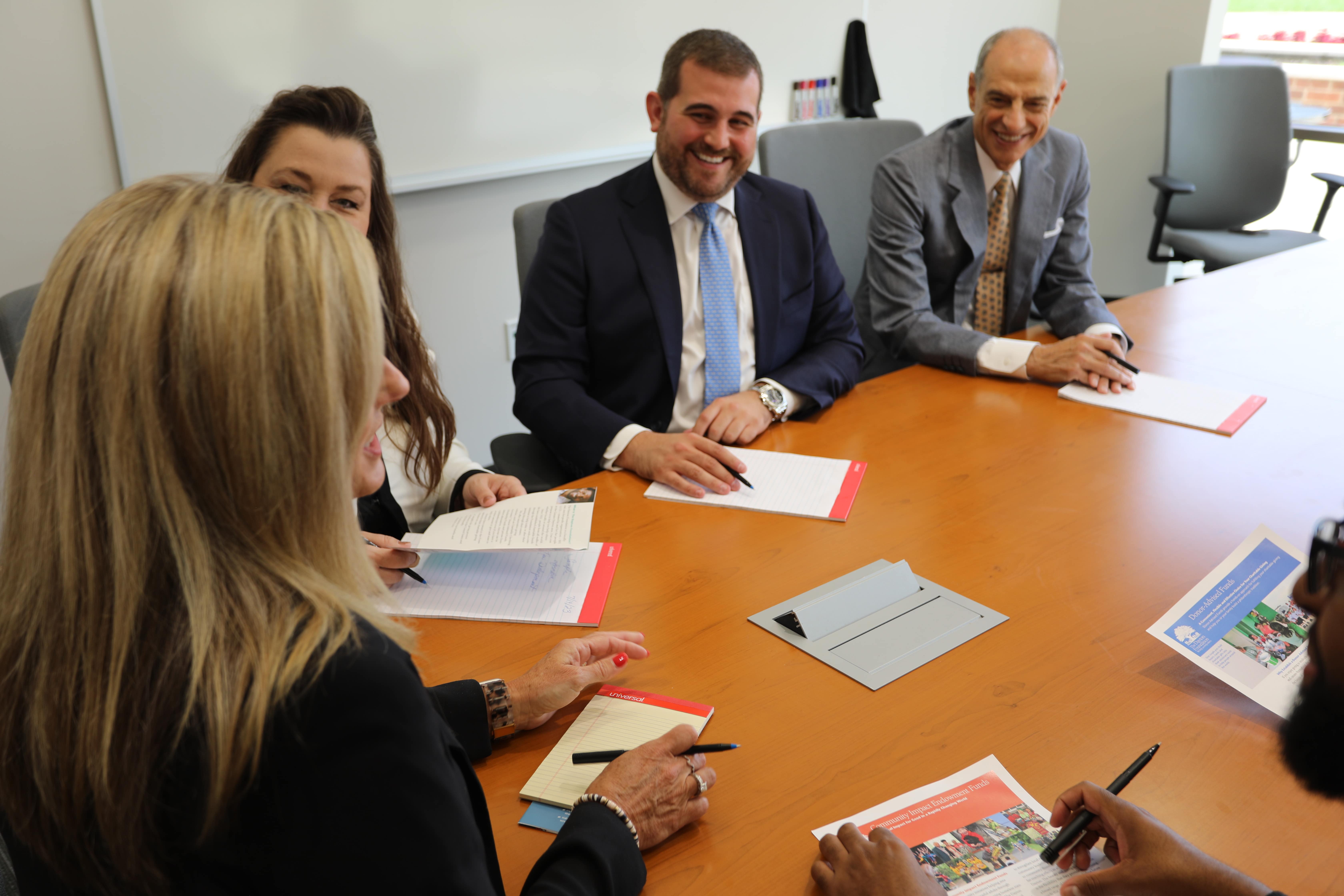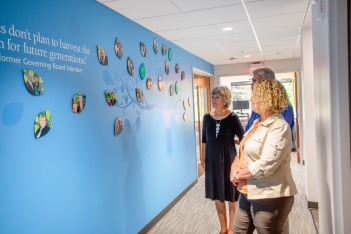By: Joe Chickey, MBA, CFP®
Advisors understand that their primary role is to grow their clients’ wealth over time through tax minimization and investment strategies. 2025 is being called “PEAK 65” as baby boomers reach age 65 in record numbers, with 10,000 turning 65 every day! Additionally, many are selling their businesses and retiring. This offers a rare window of opportunity for financial advisors to identify new high-net-worth (HNW) clients, as most closely held companies are currently owned by baby boomers who may be ready to explore their succession plans.
A recent report from Fidelity Charitable suggests charitable planning is a missed opportunity for advisors. Some interesting findings:
· The report found 85 percent of high net worth clients ($1 million or greater in investable assets) make gifts to charity even though financial advisors believed that only 57 percent of their clients give to charity.
· Although most of their clients own appreciated securities, only 22 percent reported having discussed using these assets to make their charitable gifts.
· Less than one-third have discussed making qualified charitable distributions even though many of their clients are required to take withdrawals from their IRAs (i.e., required minimum distributions).
· Nearly half of registered investment advisors indicated that having charitable planning discussions helps them build better relationships and stronger trust with their clients and has grown their business.
· Almost one-third indicated they are uncomfortable with these personal discussions and that they are less knowledgeable about the charitable solutions.
While the growth of the donor-advised fund world through community foundations, such as The Dayton Foundation, and other providers has created an easy charitable solution for advisors, it may limit the willingness of advisors to fully educate themselves on other options. For instance, charitable remainder trusts are most commonly established by donors in their late 60s. Additionally, exploring other complex solutions through gifting noncash assets, such as closely held businesses, real estate and other appreciated assets, can make sense.
The most successful advisors are proactive and engage their clients in discussions about smart ways to make their charitable gifts. It’s the perfect time for advisors to educate themselves so they can have more meaningful relationships with their clients.
Joe Chickey, MBA, CFP®, is a senior vice president and senior consultant who advises clients on planned giving marketing. You can connect with Joe via LinkedIn or by email.








